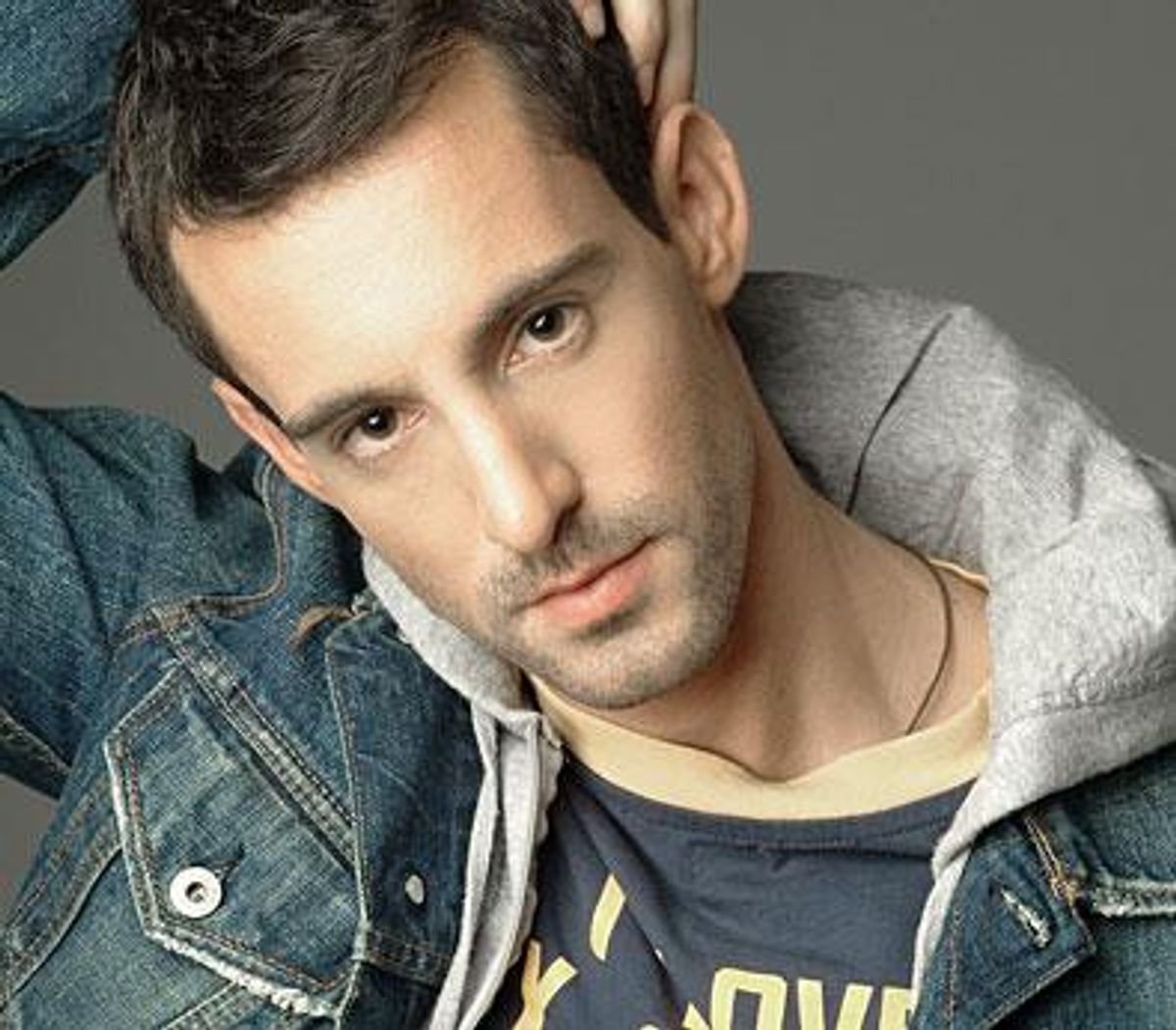Entertainment
No Signing? No Singing!

By continuing to use our site, you agree to our Private Policy and Terms of Use.

Israeli pop star Ivri Lider's fame in his homeland has climbed steadily over a decade-long career, only increasing after he came out in 2002 [see Out, March 2007]. As proud of his country as he is of being gay, the singer even did double duty during his U.S. tour last year, serving as a goodwill ambassador. Then he got blacklisted from a concert to celebrate Israel's troops. Israeli government leaders were panicking about the rising rates of no-shows for military service, which is mandatory for all adults. And Liderwho got a medical discharge after serving one month in the armysuddenly found himself the new star of a very unpopular campaign to shame celebrities with less-than-perfect service records. In an exclusive interview with Out.com, Lider defends his decision not to sign a loyalty oath, opens up about his discharge, and tries to make sense of how he went from poster boy to fall guy. Out.com: So last week you were all set to perform in front of 10,000 soldiersuntil you were dropped from the bill. Ivri Lider: They just called in the middle of the week and were like, We want you to sign this paper. I said, Listen, I want to cooperate. I want you to be comfortable with this, but I can't sign something like this. What specifically were you opposed to signing? I think asking an artist to sign a letter that starts with the word love -- "I love the army" -- is a little confusing. The word love is maybe not the right word to use. And at the end of the letter they had this part saying that I will be obligated to donate shows every year. It was a little insultingit's something I've been doing for the last 10 years with no one asking me, just because I wanted to. And suddenly this commander will take all the credit? That was just not acceptable to me. And what happened when you wouldn't sign the letter? They canceled my part of the show, and it created a big fuss over here. The thing to understand is that the last few years less and less young people are motivated to actually join the army. And of course it's a big debate, an important one. But now this whole thing with the artistsit's one way to try to deal with that, though I'm not sure the best way. I feel like blaming the famous people is just too easy. Do you support mandatory military service? It's a very big issue in the Israeli street, with opinions on both sides. It's really complicated. I don't feel I know enough about the army and the problems and the system to really have an opinion I can feel totally good about. I know of course that in every society you have people that find [serving] very, very hard. The army should also find a way to deal with that. Not everybody is the same. Someone is better in certain situations and someone might find it harder. Tell me about your experience in the army. You were discharged after a month, right? I had a really hard time. I was very confused. I went to the army psychologist, and after I went two or three times, they decided I was not suitable for the army. They signed me out and sent me home. How did you feel about that? I was an 18-year-old guy. I went on with my life, and when I got the chance, I really tried to give back, to give what I can to help my country. I think I did. When did you last play for the troops? Sometime in the last half year. I get approached a lot by soldiers [asking me to play], and if I can, I do. I was chosen the last three years as the favorite artist among soldiers! It's really nice that someone like me and what I represent is being elected for that. It shows something really nice about the Israeli army and the Israeli youth. It's important to me to keep the connection with those people and make this system be a little more tolerant and nice. I know the official policy is that the Israeli military doesn't discriminate on the basis of sexual orientation. But do you feel your sexuality had anything to do with this? I really don't think it's about being gay. It's much more liberal than the American army. They won't throw you out if you come to your commander and say you're gay. It's going to be, OK, and...? Had you ever before gotten a negative reaction to your service record? No. This really came as a surprise. When I'm in the U.S. and Europe, I've been trying to portray the right image of Israelthe part that people outside don't usually know, the more liberal and young fun country it sometimes is and can be. Most of the time I like Israel, so I was surprised and a little bit disappointed. I really hope that it's just a one-time thing, that someone made a mistake and it won't happen again. Read more about Ivri Lider here.
Want more breaking equality news & trending entertainment stories?
Check out our NEW 24/7 streaming service: the Advocate Channel!
Download the Advocate Channel App for your mobile phone and your favorite streaming device!